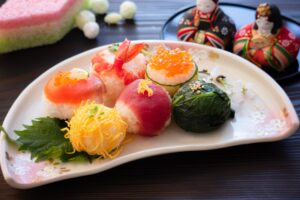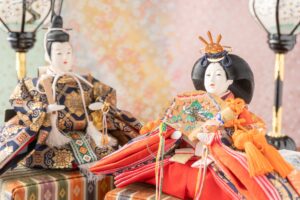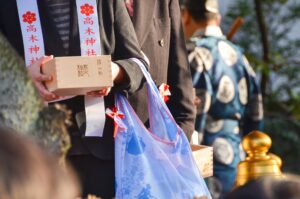This article will guide beginners and travelers through essential Japanese phrases used in daily life. It will help you navigate common conversations and interactions, such as greetings, asking for directions, and shopping. You will also learn how to communicate politely in both casual and formal settings, along with tips for pronunciation and cultural nuances.
Essential Japanese Phrases for Everyday Life
Learning a few essential Japanese phrases can significantly enhance your travel or language-learning experience. Japanese is a language where politeness and context are paramount, and mastering these everyday expressions will help you communicate respectfully in various scenarios. From greetings to polite expressions, this section will walk you through the key phrases you’ll need to navigate daily conversations with ease.
Greetings and Polite Expressions
Greetings are fundamental in any language, and in Japan, they set the tone for every interaction. Common greetings like “Konnichiwa” (こんにちは) for “hello” and “Ohayou gozaimasu” (おはようございます) for “good morning” are used daily. Politeness is deeply embedded in the language, and expressions like “Sumimasen” (すみません), meaning “excuse me” or “sorry,” are highly versatile. Whether you’re entering a shop or needing to pass someone in a busy street, using these polite phrases can go a long way in leaving a positive impression.
Thanking and Apologizing in Japanese
Gratitude and apologies are key to smooth interactions in Japan. “Arigatou gozaimasu” (ありがとうございます) is a formal way to say “thank you,” and it’s frequently used in shops, restaurants, and casual exchanges. For less formal settings, “Arigatou” (ありがとう) suffices. When it comes to apologizing, “Gomen nasai” (ごめんなさい) is used for more sincere apologies, while “Sumimasen” can be used both as a polite apology and as a way to grab someone’s attention.
Ordering Food and Shopping Phrases
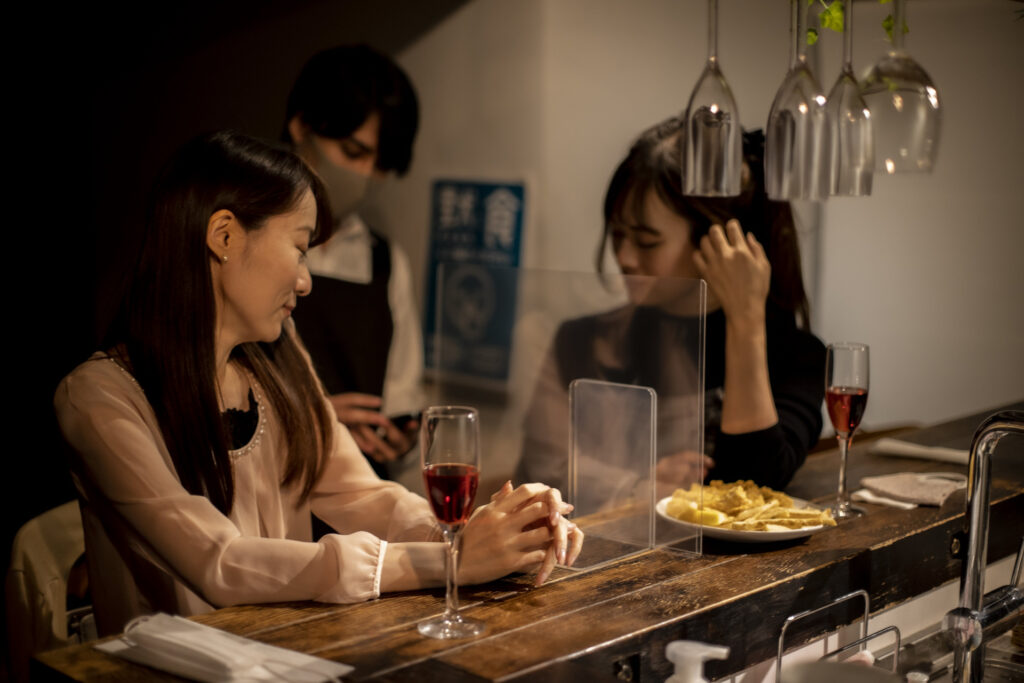
Navigating Japan’s rich dining culture and shopping scene is easier with the right phrases. When ordering food, you can use “Kore o kudasai” (これをください), meaning “Please give me this” and “Osushi o kudasai” (お寿司をください), meaning “Sushi please”. For shopping, “Ikura desu ka?” (いくらですか?) that means “How much is this?” is a handy phrase to know. Remember that politeness is crucial; adding “please” and “thank you” to your phrases will always be appreciated. Additionally, knowing simple phrases like “Oishii” (おいしい) for “delicious” can enhance your dining experiences.
Japanese Phrases for Travelers
Travelers to Japan will find it helpful to learn phrases related to transportation, directions, and basic requests. Whether you’re exploring the bustling streets of Tokyo or the serene temples of Kyoto, knowing a few essential expressions will make your journey smoother.
Asking for Directions and Getting Around

If you ever get lost, knowing how to ask for directions in Japanese is invaluable. “Doko desu ka?” (どこですか?) means “Where is ___?” You can use this phrase to ask for the location of a train station, restaurant, or any landmark. Learning how to read common kanji for train stations and public transportation is also beneficial. For example, “eki” (駅) means station, and “densha” (電車) refers to a train.
Handling Emergencies and Essential Services
In case of emergencies, phrases like “Tasukete kudasai” (助けてください), which means “Please help,” are essential. Knowing how to communicate with police officers or medical personnel is vital for travelers. Words like “byouin” (病院) for “hospital” and “yakkyoku” (薬局) for “pharmacy” can help you find medical assistance when needed.
Conversational Japanese for Beginners
Once you’re comfortable with basic phrases, the next step is to engage in simple conversations. From introductions to casual exchanges, conversational Japanese will allow you to connect more meaningfully with locals.
Making Introductions and Small Talk
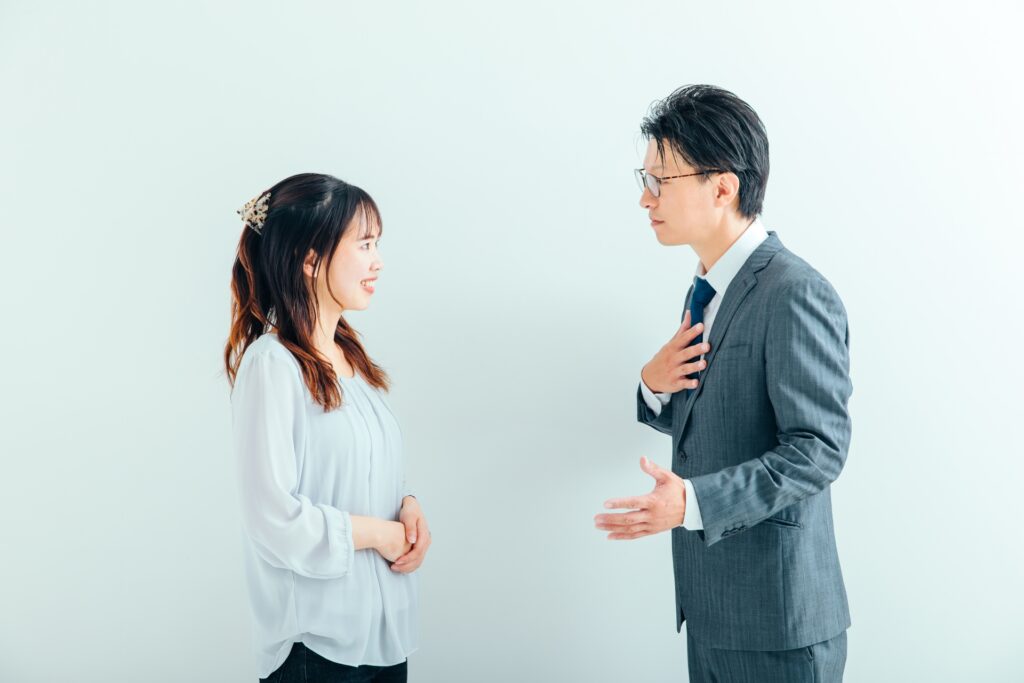
Introductions are very important in Japanese culture. When meeting someone for the first time, “Hajimemashite” (はじめまして) means “Nice to meet you,” and it’s often followed by “Watashi wa ___ desu” (私は___です) for “I am ___.” Small talk, such as asking “Genki desu ka?” (元気ですか?) or “How are you?”, is common in everyday conversations.
Responding in Conversations
Keeping a conversation going is a skill that beginners can develop with simple responses. “Hai” (はい) means “yes,” while “Iie” (いいえ) means “no.” Japanese people also tend to use indirect responses, such as “Soudesune” (そうですね), meaning “I see” or “That’s right,” which helps the conversation flow smoothly.
Formal and Business Japanese Phrases
For business travelers or expatriates, learning formal Japanese is crucial for professional settings. Japan places a high value on respectful communication, especially in the workplace.
Formal Introductions in Business Settings

When introducing yourself in a business environment, using formal language is key. “Watashi wa ___ to moushimasu” (私は___と申します) is a formal way of saying “I am ___.” Business cards, or “meishi” (名刺), are exchanged frequently, and a formal bow accompanies the introduction.
Useful Business Polite Expressions
In formal meetings, polite expressions such as “Osewa ni natte orimasu” (お世話になっております) or “Thank you for your support” are commonly used. Ending conversations with phrases like “Shitsurei shimasu” (失礼します), meaning “Excuse me,” is also important in maintaining professionalism.
Pronunciation and Cultural Tips
Beyond memorizing phrases, mastering pronunciation and understanding Japanese culture will enhance your interactions and help you navigate social norms.
Pronunciation Tips for Common Phrases
Japanese pronunciation focuses heavily on vowel length and pitch. Mispronouncing a long vowel can change the meaning of a word, so it’s essential to get it right. For example, “Obaachan” (おばあちゃん) means “grandmother,” while “Obachan” (おばちゃん) means “aunt.” Practicing correct vowel sounds and pitch will improve your fluency.
Cultural Etiquette: Bowing and Non-Verbal Cues

Bowing is a central part of Japanese non-verbal communication. The depth of the bow reflects the level of respect, with deeper bows reserved for more formal situations. Eye contact is also managed delicately in Japan; too much can be seen as impolite. Understanding these subtle cues will ensure that your communication is respectful and appropriate.





